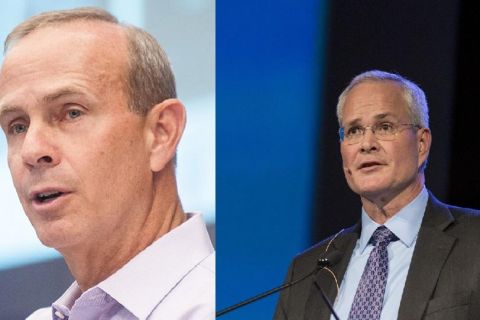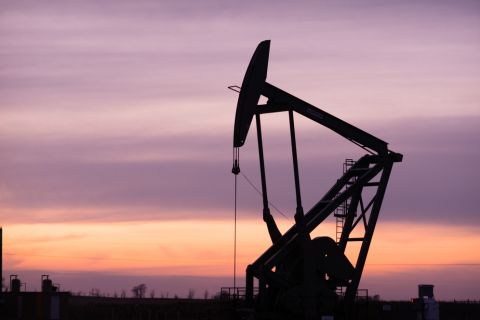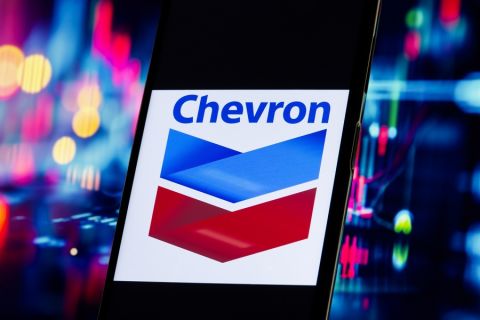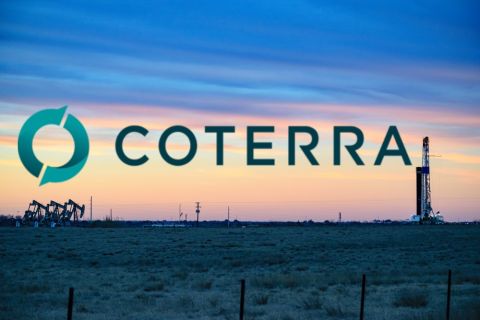Consolidation has proven in the past decade to give both independents and major oil companies the scale they need to be more effective. Apparently the same lesson needs to be applied to America's energy-awareness programs, of which there seems to be no shortage. By one count, there are 157 energy-education programs for U.S. kindergarten-12 students. By another count, 178. And each count had only 11 programs in common, says John Tobin, executive director of the Evergreen, Colorado-based Energy Literacy Project (ELP). "It is not a question of supply but one of coordination and sustainability," says David O'Reilly, chairman of Chevron Texaco. ELP, along with the Colorado School of Mines, the University of Colorado and the National Science Teachers Association, is requesting that U.S. Energy Secretary Spencer Abraham convene leaders of awareness programs, the energy industry and other affected parties to structure a national energy-education program. President Bush and the proponents of a national energy policy have already asked Abraham to do this. To help remind Abraham to do this, Tobin is asking energy professionals to write the secretary. "A public that is energy-literate will force adoption of good energy policy," Tobin says. "This is a very long-term effort. It will take at least a generation to see the results. But an educated voter is a better voter." A good model for the national energy-education program would be that of the National Petroleum Council, Tobin adds. For more information, Tobin is at 303-674-7083. Meanwhile, Randy Foutch, chairman and chief executive of Tulsa-based Latigo Petroleum Inc., asks energy professionals to take a look at the Oklahoma Energy Resources Board's (OERB) work at abandoned well-site reclamation. More than 5,500 sites-some of them dating back to Oklahoma's earliest wildcatting days-have been voluntarily restored by industry. The OERB has also raised money to fund energy education. "We, as an industry, need to somehow educate the energy users of America on what this industry is all about. We are a vital part of the economy and in many ways, the reason we have the standard of living we have," Foutch says. "I hope the nation sees that energy is critical. It's not an industry that should be feared or despised. There are environmental incidents but those are exceptions rather than the rule. Energy is good for us, and domestic energy is good for us, domestically. We should be proud of our industry." The OERB can be reached at 1-800-664-1301. Tobin notes that the OERB program is an example of one that can become even more effective if a national energy program is formed, such as the one The Energy Literacy Project proposes.
Recommended Reading
Exxon, Chevron Tapping Permian for Output Growth in ‘24
2024-02-02 - Exxon Mobil and Chevron plan to tap West Texas and New Mexico for oil and gas production growth in 2024, the U.S. majors reported in their latest earnings.
Hess Corp. Boosts Bakken Output, Drilling Ahead of Chevron Merger
2024-01-31 - Hess Corp. increased its drilling activity and output from the Bakken play of North Dakota during the fourth quarter, the E&P reported in its latest earnings.
Chevron Adds to Carbon Capture Tech Portfolio with ION Investment
2024-04-04 - Chevron New Energies led a funding round that raised $45 million in Series A financing for ION Clean Energy, according to a news release.
Bobby Tudor on Capital Access and Oil, Gas Participation in the Energy Transition
2024-04-05 - Bobby Tudor, the founder and CEO of Artemis Energy Partners, says while public companies are generating cash, private equity firms in the upstream business are facing more difficulties raising new funds, in this Hart Energy Exclusive interview.
CEO: Coterra ‘Deeply Curious’ on M&A Amid E&P Consolidation Wave
2024-02-26 - Coterra Energy has yet to get in on the large-scale M&A wave sweeping across the Lower 48—but CEO Tom Jorden said Coterra is keeping an eye on acquisition opportunities.





